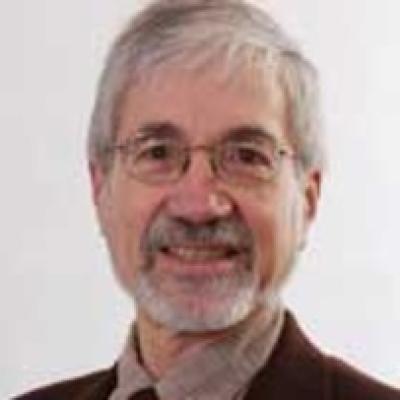
Arnold Rosenberg
Research Areas
About
Arnold Rosenberg's research focuses on developing algorithmic models and techniques to deal with the new modalities of "collaborative computing" that result from emerging technologies such as cluster computing, web computing, and grid computing. He is the (co)author of more than 150 technical papers on these and other topics in theoretical computer science and discrete mathematics, and he is the coauthor of a 2001 book: Graph Separators, With Applications.
Rosenberg has been on the faculty of the University of Massachusetts Amherst since 1986, and served as a Distinguished University Professor of Computer Science and co-director of the Theoretical Aspects of Parallel and Distributed Systems (TAPADS) Group. Previously, he was a professor of computer science at Duke University from 1981 to 1986, and a research staff member at the IBM Watson Research Center from 1965 to 1981. Rosenberg was a Lady Davis Visiting Professor at the Technion (Israel Institute of Technology), and a Fulbright Senior Research Scholar at the University of Paris-South. He also held visiting positions at Yale University and the University of Toronto.
Rosenberg is a Fellow of the ACM, a Fellow of the IEEE, and a Golden Core member of the IEEE Computer Society. He serves on several journal editorial and advisory boards. He is the program chair for the 2005 Heterogeneous Computing Workshop and the 2006 International Parallel and Distributed Processing Symposium. He received the UMass Amherst College of Natural Sciences and Mathematics (NSM) Outstanding Teaching Award (1997) and Outstanding Research Award (2004). He also served as mentor to five Lilly Teaching Fellows (a competitive UMass Amherst program for junior faculty). In addition, he received the ACM Recognition of Service Award (2001, 2002, 2003).